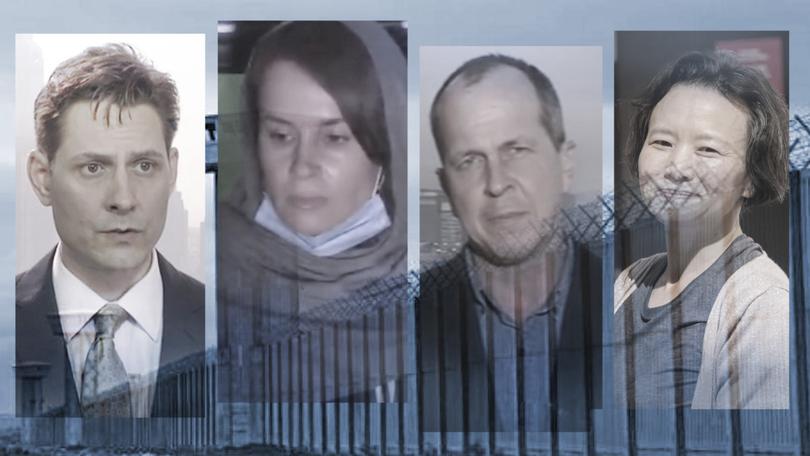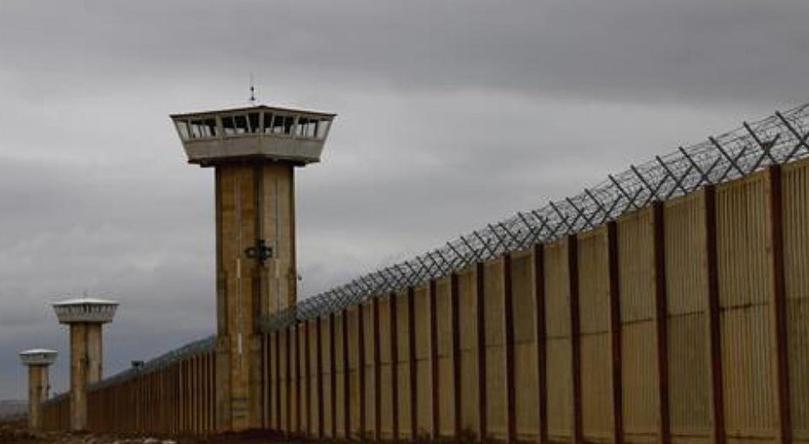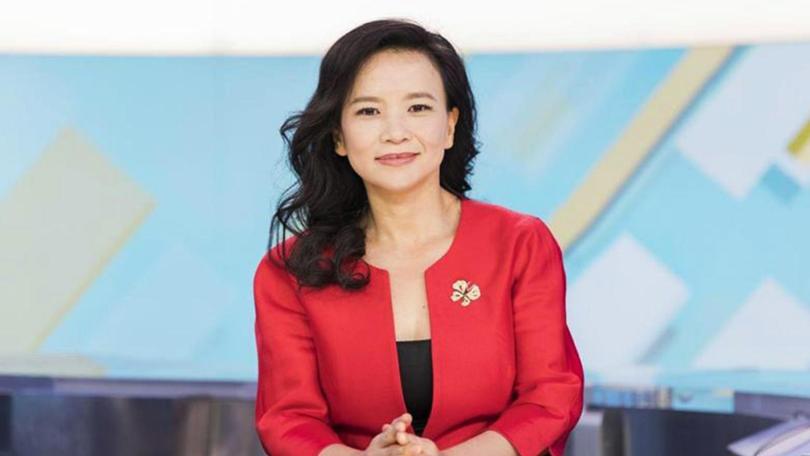DFAT’s handling of Australian hostage diplomacy cases currently inadequate, scathing senate inquiry finds
A major Senate inquiry has also recommended the appointment of a specialist envoy dedicated to securing the freedom of Australians wrongfully detained by rogue nations.

Australia should appoint a specialist envoy dedicated to securing the freedom of Australians wrongfully detained by rogue nations, a major Senate inquiry has recommended.
The Senate Foreign Affairs, Defence and Trade References’ five-month inquiry into the Wrongful Detention of Australian citizens overseas tabled late last night found that DFAT’s current systems for managing hostage diplomacy cases were inadequate and recommended a sweeping overhaul.
The report, which was often scathing of DFAT’s management of hostage diplomacy cases, urged the federal government to declare hostage diplomacy as an act of foreign interference and dial back public bilateral appearances with countries that wrongly imprison Australians, including China, where writer Yang Hengjun is facing the death penalty and Hong Kong activist Gordon Ng has been sentenced to seven years’ jail.
Sign up to The Nightly's newsletters.
Get the first look at the digital newspaper, curated daily stories and breaking headlines delivered to your inbox.
By continuing you agree to our Terms and Privacy Policy.The inquiry heard from high-profile detainees including Canadian Michael Kovrig - one of the so-called “Two Michaels” — who were detained in China over Beijing’s spat with the United States about Huawei as well as Australians, including the academic Kylie Moore-Gilbert and journalists Cheng Lei and Peter Greste who were held in Iran, China and Egypt respectively.
The former Coalition government negotiated the release of Dr Moore-Gilbert and Professor Greste while the Albanese government secured the freedom of Cheng Lei and Sean Turnell and separately oversaw the plea deal for WikiLeaks founder Julian Assange and negotiated the return of the remaining Bail Nine from Indonesian jails.
The report cited former US President Barack Obama’s 2015 decision to create a Special Presidential Envoy for Hostage Affairs as well as the Canadian government’s newly created Senior Official for Hostage Affairs as better ways of managing the complex cases.
The report said the proposed envoy would manage the cases of Australians held overseas and provide greater support and legal help compared to the often patchwork nature of the current approach.

Professor Greste told the inquiry that Australia establishing a dedicated envoy would send “a very clear message to foreign states that might be contemplating detaining an Australian that we have a robust strategy in mind.”
Dr Moore-Gilbert agreed, later telling The Nightly the need for an envoy was crucial.
“We’ve been advocating this for years and we’re so pleased that the inquiry has accepted all of our recommendations,” Dr Moore-Gilbert said.
She also backed calls for Australia to introduce US-style legislation that would enact an envoy and set out ways to punish and sanction perpetrator states.
She added that any standalone envoy must be properly resourced with their own office.
“Those matters are really crucial, particularly as to whether they’ll achieve success or not,” she said.
“The first battle is to push the government to accept these recommendations, ideally all of them, I’m heartened by the response of Labor Senators so I really hope the Albanese government will get on board with these recommendations and commit to implementing them in full.”
The inquiry said a basic first step needed to be defining hostage diplomacy, because without that detainees often fell through the cracks and missed on out the government advocating their case at the political level unless their family has gone to the media.
Professor Greste, Dr Moore-Gilbert and others said DFAT’s reflexive aversion to media, refusal to engage with journalists and advice to families not to publicly campaign for the return of their loved ones was counterproductive and a jointly-crafted media strategy should be considered as part of any strategy for trying to secure the release of hostages.
The committee, chaired by Liberal Senator Claire Chandler, made a total 18 recommendations.
These also included urging the government to step up its travel warnings to Australians that they could be wrongfully imprisoned by authoritarian regimes, specifically the People’s Republic of China, Russia, North Korea, the Islamic Republic of Iran, Afghanistan, Mali and Myanmar.
This week China agreed to release three US citizens in a surprise prisoner swap and the US State Department subsequently downgraded its travel warning for China.
The committee said the government should recognise that some foreign regimes engage in hostage diplomacy because it has proven to be a successful tactic for securing prisoner swaps or obtaining leverage over a national government.
Earlier this year, Russia exchanged the American journalist Evan Gershkovich and Russian activists including Vladimir Kara-Murza in exchange for the FSB spy Vadim Krasikov who was jailed in Germany for murdering a former Chechen rebel on the streets of Berlin.
The Australian Wrongful and Arbitrary Detention Alliance, which is spearheaded by Dr Moore Gilbert, Cheng Lei and Mr Turnell, who was jailed in Myanmar, told the committee that a senior DFAT consular staff member told the organisation that “the current wrongful detention caseload was considered to be zero” as of March 2024.
This is despite Gordon Ng’s imprisonment in Beijing-controlled Hong Kong, Yang Hengjun’s detention in China and Robert Pether in Iraq.
Senator Chandler, who initiated the inquiry said Australian foreign policy needed to adapt.
“The Committee heard powerful testimony from Australians who have been victims of wrongful detention indicating that the Government’s approach to identifying and managing wrongful detention cases is inconsistent, ad-hoc and too often allows victims and families to slip through the cracks,” Senator Chandler said.
“Concerningly, there was limited recognition from government agencies that the wrongful detention of an Australian by a foreign government seeking to influence our government is a form of foreign interference.

“The Committee’s recommendations are designed to ensure that there is a whole-of-government effort to deterring such practices.”
But in a dissenting submission, Labor Senators said the government’s success in freeing Cheng Lei from China and Assange, who pleaded guilty over WikiLeaks publication of the stolen US classified documents, showed the current system was working.
“We do not accept the wholesale assessment that the ‘current system is not working’ and that, as a consequence, a structural overhaul is required, “ Labor Senator and Deputy Chair Raff Ciccone said.
“We note the Albanese Government has reviewed its approach to supporting Australians detained in complex circumstances overseas.
“The improvements made followed consultation with partners, stakeholders and former detainees to ensure the Government’s methods are fit for purpose.
“In particular, we welcome the return home of Cheng Lei, Sean Turnell, Chau Van Kham, Ken Elliott, Julian Assange and others not publicly known.”

